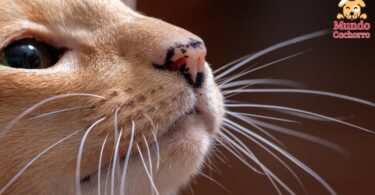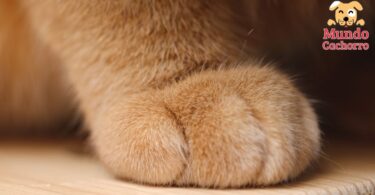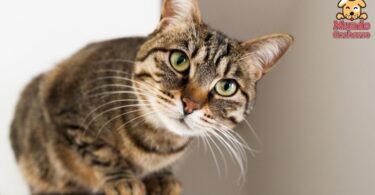While it is necessary to take your cat to the veterinarian for any health condition you observe, there are some signs that could show that your cat has diabetes. If you suspect that your cat has diabetes or any other health problem, it is essential that you consult a veterinarian as soon as possible.
Indice
However, it is also important to have general information about the common signs and symptoms of diabetes in cats. This way you will be more informed and will be able to quickly find the right assistance.
Symptoms of a cat with diabetes
- Increased thirst: Diabetic cats may drink more water than normal.
- Increased appetite: Despite eating more, the cat may lose weight or remain thin.
- Increased urination: The cat may urinate more frequently or in greater amounts.Weakness or lethargy: Diabetic cats may be less active and show less interest in play.
- Coat changes: A dull, dry or poorly conditioned coat may be an indication of a cat with diabetes.
- Vomiting and diarrhea: These symptoms may occur in cats with uncontrolled diabetes.
If you observe any of these signs in your cat, it is important to take your cat to the veterinarian for a proper evaluation. Diagnosis of diabetes in cats is made by specific tests, such as blood and urine tests, and appropriate treatment will depend on the severity and stage of the disease.
Remember that only a veterinary professional can provide an accurate diagnosis and an appropriate treatment plan for your cat. Do not hesitate to seek veterinary medical attention if you have concerns about your pet’s health.
It is important to keep in mind that these symptoms may also be associated with other diseases, so it is essential that a veterinarian perform a complete examination to confirm the diagnosis of diabetes.
What causes
As in humans, cats can develop diabetes due to an imbalance in glucose metabolism. Diabetes mellitus in cats occurs when the body cannot produce enough insulin (type 1 diabetes) or when the cells do not respond adequately to the insulin produced (type 2 diabetes).
Insulin is a hormone produced by the pancreas that helps regulate blood glucose levels and allows the body’s cells to use glucose as a source of energy.
The exact causes of disease in cats are not always clear, but may include genetic and environmental factors. Some factors that may contribute to the development of diabetes in cats are:
- Obesity: Obese cats have a higher risk of developing this disease, as excess fat can affect the cells’ sensitivity to insulin.
- Inadequate diet: A diet high in carbohydrates and low in protein may play a role in the development of the disease in some cats.
- Genetic factors: Some cat breeds may have a genetic predisposition to diabetes.
Image courtesy of https://pixabay.com, all rights reserved.







